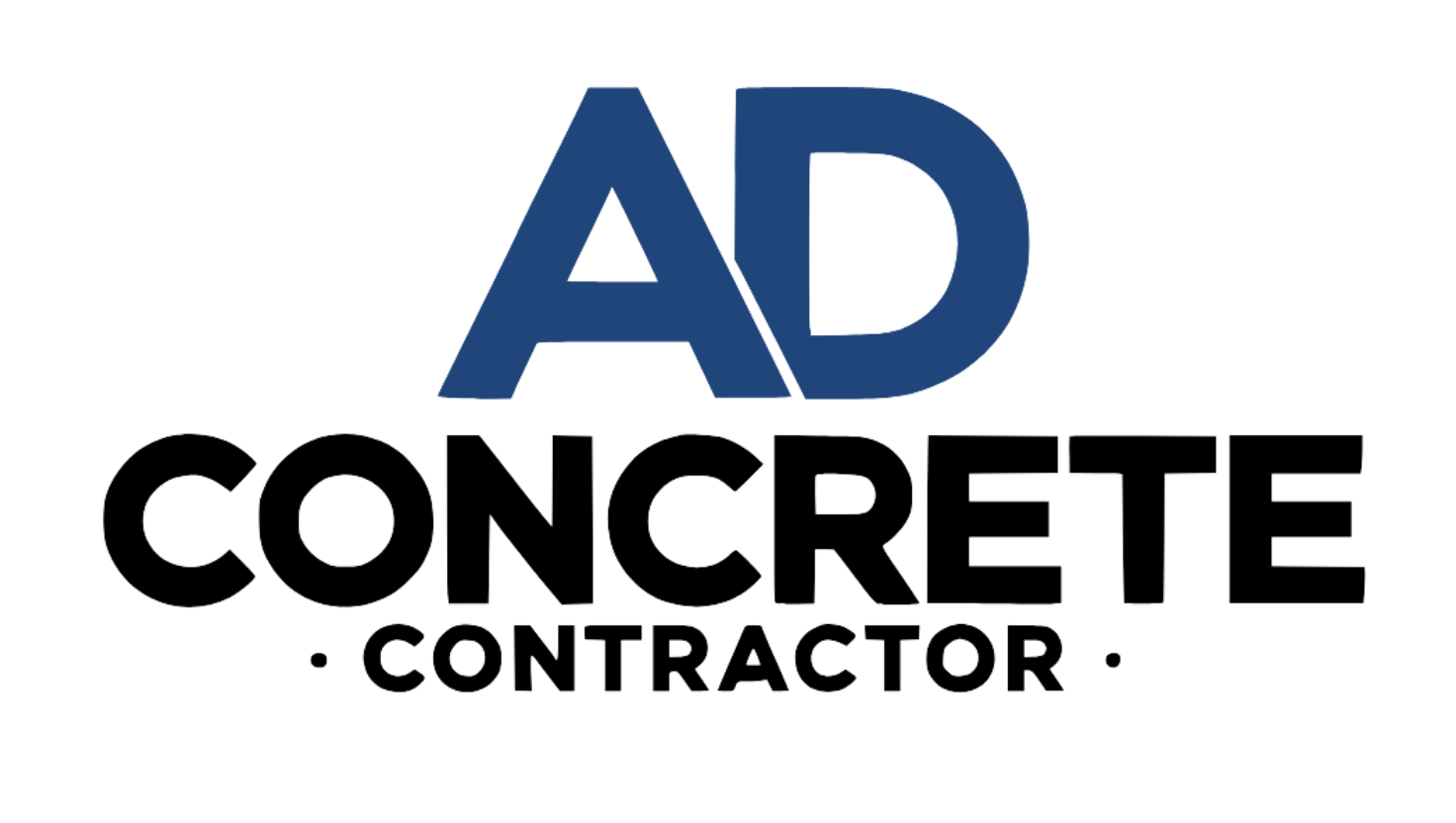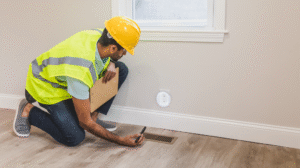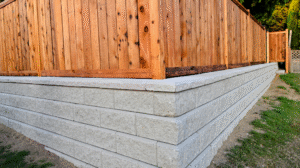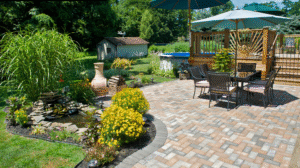Alright, Lubbock homeowners, let’s talk driveways. You’ve probably seen your fair share of cracked concrete, washed-out gravel, and maybe even a few fancy paver jobs around the neighborhood. But with Lubbock’s crazy weather swings, picking the right driveway material isn’t just about looks – it’s about making a smart investment that can stand up to the West Texas elements. This ain’t no beauty contest, folks; it’s a battle for survival!
This post is your ultimate guide to navigating the driveway material minefield. We’ll dive deep into the pros and cons of different options, specifically focusing on how they hold up in our unique climate. By the end, you’ll be armed with the knowledge you need to make the best decision for your home and your wallet. Spoiler alert: asphalt often comes out on top, offering a sweet spot of durability, affordability, and suitability for Lubbock’s wild weather.
Lubbock Weather: A Driveway’s Worst Nightmare (Sometimes)
Let’s be real, Lubbock weather can be brutal. Scorching summers that can melt your popsicle before you even get the wrapper off, followed by winters that can freeze your… well, you get the picture. These extreme temperature swings, coupled with the occasional torrential downpour and those infamous West Texas winds, can wreak havoc on a driveway. That’s why choosing a material that can handle this rollercoaster of conditions is crucial. We need something tough, something resilient, something… asphalt-y? (Keep reading).
Asphalt: The Goldilocks of Driveway Materials?
Asphalt, that black, smooth surface we all know and love (or at least tolerate), is a mixture of aggregates (like rock, sand, and gravel) and a petroleum-based binder called bitumen. Think of it as a delicious driveway cake, with the bitumen acting as the glue that holds everything together. And in Lubbock, this “cake” can be just right.
Why Asphalt Loves Lubbock (and Vice Versa):
- Flexibility is Key: Asphalt’s flexibility allows it to expand and contract with temperature changes, reducing the risk of cracking that plagues rigid materials like concrete. Think of it like a yoga master bending with the wind, while concrete is that guy trying to show off in yoga class and pulling a hamstring.
- Budget-Friendly: Asphalt is generally more affordable than concrete or pavers, making it a winner for budget-conscious homeowners. You can save those extra bucks for, I don’t know, a year’s supply of blue bell?
- Quick Installation: Asphalt driveways can be installed relatively quickly, minimizing disruption to your daily life. No weeks of construction chaos, just a smooth, new driveway in a matter of days.
- Snow Removal Superstar: Asphalt’s smooth surface makes snow removal a breeze. No more battling those pesky snow piles trapped between pavers.
Asphalt’s Achilles’ Heel:
- Maintenance Matters: Asphalt requires regular sealcoating (every 2-5 years) to protect it from the elements and prolong its lifespan. Think of it as sunscreen for your driveway.
- Potential for Cracking: While less susceptible than concrete, asphalt can still crack if not properly installed or maintained. Choose a reputable contractor, folks; it makes all the difference.
The Contenders: Exploring the Alternatives
Now, I’m not saying asphalt is the only option. There are other contenders vying for your driveway dollars. Let’s take a quick look:
- Concrete: The workhorse of the driveway world, concrete is known for its durability and longevity. However, it’s more expensive than asphalt and can be prone to cracking in Lubbock’s extreme temperature fluctuations. Plus, it can get slicker than a greased pig when wet.
- Gravel: Gravel is the budget-friendly, DIY-friendly option. It’s permeable, which is great for drainage, but it requires regular replenishment and can be dusty and messy. Plus, let’s be honest, it’s not the smoothest ride.
- Pavers: Pavers offer aesthetic versatility and decent durability. But they come with a higher price tag than asphalt and can be susceptible to weed growth between the joints.
The Showdown: Comparing Driveway Materials
| Feature | Asphalt | Concrete | Gravel | Pavers |
|---|---|---|---|---|
| Durability | High | High | Moderate | High |
| Maintenance | Moderate | Low | Moderate | Moderate |
| Cost | Low | High | Low | High |
| Installation Time | Fast | Moderate | Fast | Moderate |
| Lubbock Climate | Excellent | Good | Fair | Good |
Making the Right Call: Your Lubbock Driveway Destiny
So, which driveway material reigns supreme in Lubbock? Well, as I hinted earlier, asphalt often comes out on top. It offers a fantastic balance of durability, affordability, and climate suitability. But ultimately, the best choice depends on your individual needs, budget, and aesthetic preferences.
If you’re on a tight budget and prioritize practicality, asphalt or gravel might be your best bet. If you’re willing to splurge for a more upscale look and don’t mind a bit more maintenance, pavers could be a good fit. And if you’re dead set on concrete, just be prepared for the higher cost and potential cracking issues.
One crucial piece of advice: consult with local driveway contractors! They have the expertise to assess your specific site conditions and recommend the best material for your needs. Don’t be afraid to get multiple quotes and ask lots of questions.
Ready to Roll?
Choosing a driveway material might seem like a small decision, but it’s an investment in your home’s curb appeal and long-term value. By understanding the pros and cons of each option and considering Lubbock’s unique climate, you can make an informed decision that you won’t regret. Now, go forth and pave your paradise! (Or at least your driveway). And if you’re leaning towards asphalt, hit up a local contractor and get that ball rolling! You won’t regret it.



